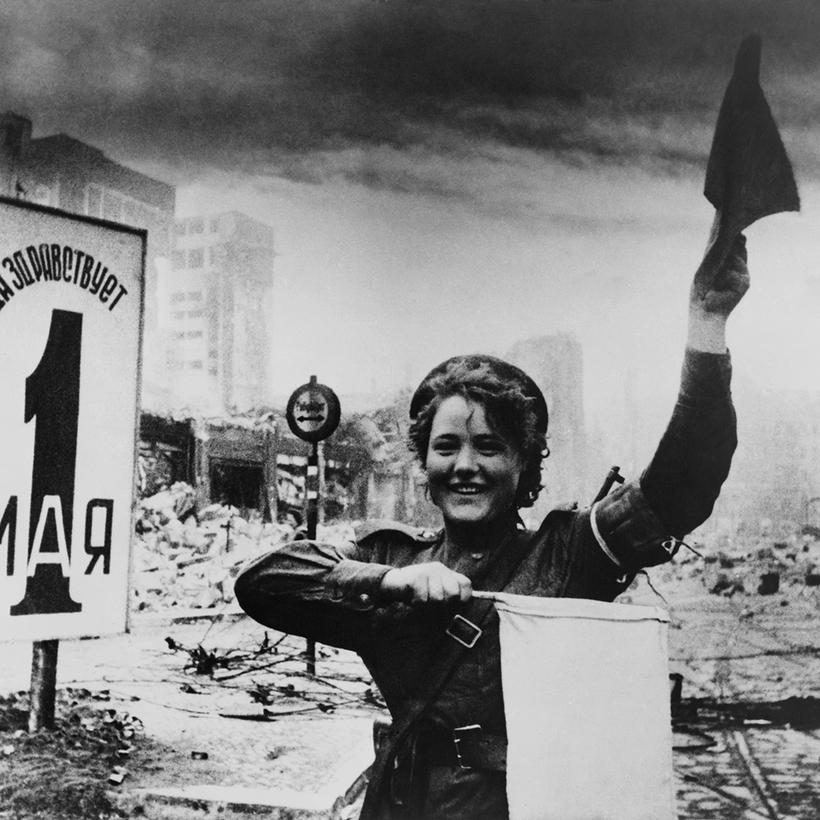The secret is out. For the past year and a half three big beasts of British storytelling have been collaborating on a television series that could change the way we see war on-screen. Antony Beevor, our preeminent war historian, whose books have sold more than eight million copies; Ridley Scott, the formidable director of Alien and Blade Runner; and the Oscar-nominated Steven Knight, who wrote the films Dirty Pretty Things and Eastern Promises, are behind the series, which will recount the final year of the Second World War in Europe, from June 1944 to June 1945.
With the working title Roads to Freedom, it will tell the story from a panorama of perspectives: British, American, German, French and Russian; soldiers and civilians; men, women and children.

